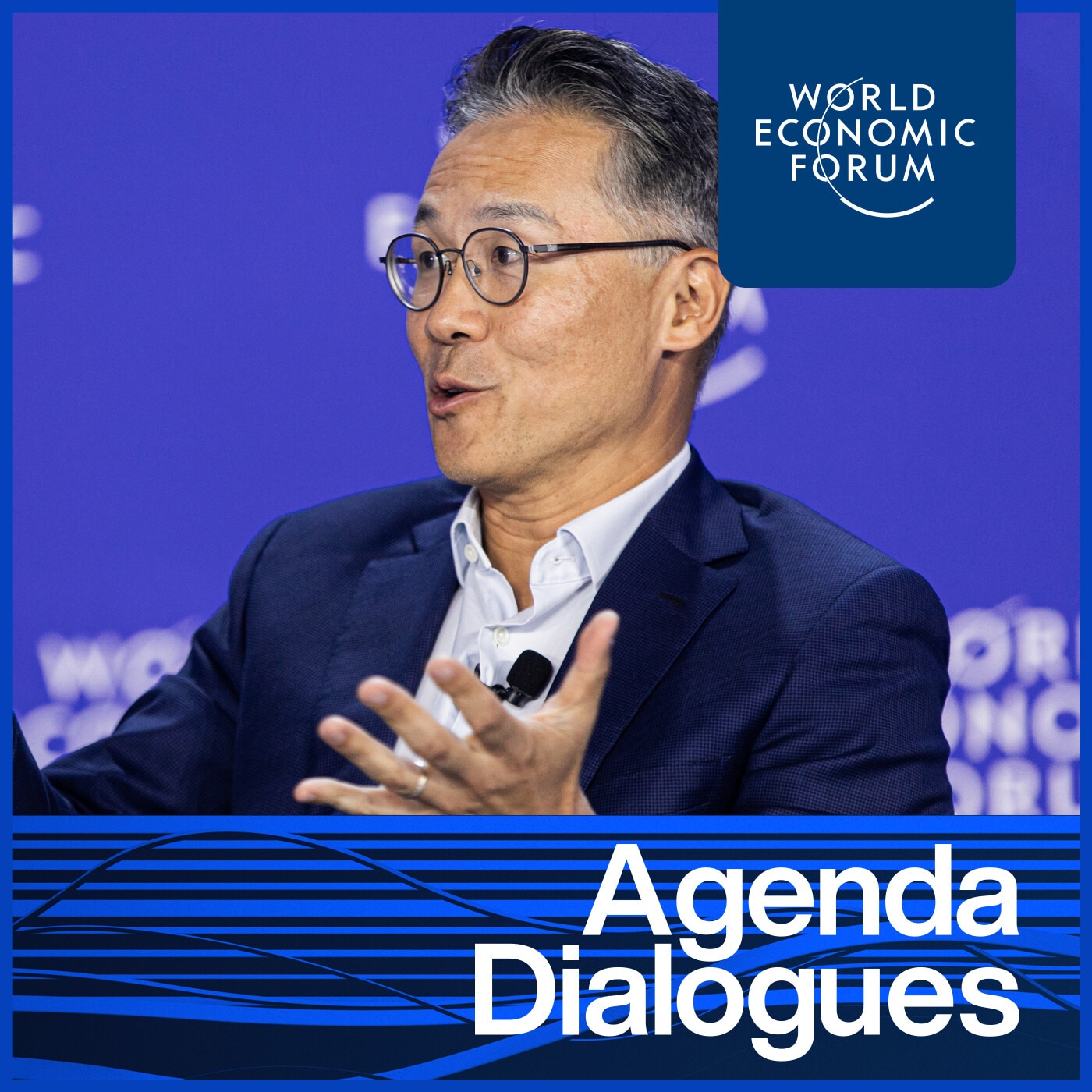Leadership in the age of technology
Stay up to date:
Innovation
 Professor Klaus Schwab is Founder and Executive Chairman of the World Economic Forum.
Professor Klaus Schwab is Founder and Executive Chairman of the World Economic Forum.
It would be an understatement to say that our world is undergoing rapid and far-reaching change. The global economy, the geopolitical landscape, the environment, and technology are subject to constantly shifting conditions that reinforce and transform one another in a web of complex interactions. In such an unpredictable and interconnected setting, effective leadership must be based on a radical outlook, a multifaceted skillset, and an understanding of technology and talent.
The trends that are shaping the twenty-first-century world embody both promise and peril. Globalization, for example, has lifted hundreds of millions of people out of poverty, while contributing to social fragmentation and a massive increase in inequality, not to mention serious environmental damage. Likewise, big data offers untold benefits to companies and consumers, but poses a real threat to privacy and personal freedom.
A similar dichotomy applies to many other critical issues, including adaptation to climate change, efforts to improve resource management, urbanization and the rise of megacities, increased labor mobility, and human-capital expansion.
The scale and complexity of the challenges that lie ahead are undoubtedly daunting. But rapid, far-reaching change can also present great opportunities. To make the most of them, the world needs technologically literate leaders – call them “techno-politicians” – who have an intuitive understanding of how to shape progress in this new, unpredictable environment.
Within the framework of techno-politics, economic growth and technological innovation are the two most important factors shaping the global landscape. How we adapt to and guide their trajectories will determine our collective future.
In economic terms, the world is entering an era of diminished expectations. If, as predicted, average annual GDP growth amounts to 3% in the foreseeable future, it will take 25 years for the world economy to double in size – ten years longer than it took before the global economic crisis, when average GDP growth stood at 5%. Learning to live with slower growth will not be easy.
Given that debt-fueled consumption has run its course, productivity gains will become an increasingly critical driver of economic growth. But, at a time when rising inequality is undermining social cohesion, it is far from certain that the conditions required to support such gains – that is, improved education and stronger incentives to innovate – can be met.
Perhaps most important, even as economic growth slows, technological change continues at a breakneck pace, raising seemingly unanswerable questions about its potential impact on the global economy. While some warn that technological progress will leave many unemployed, others remain convinced that displaced workers will find new jobs that do not yet exist, as has occurred in the past. All that is certain is that technology and innovation are disrupting virtually every aspect of life.
How can we adapt to such a world? What underpins success in this new and challenging environment?
In a techno-polity, two inextricably linked factors are crucial: talent and innovation. Talent is now the key factor driving competitiveness (or the lack thereof) for companies and countries alike. Indeed, “talentism” will be the prevailing economic credo, with human or intellectual capital becoming the most critical asset – and the one most difficult to acquire and retain.
Innovation, spurred by talent, will determine success. In the future, the distinction between high- and low-income countries, or between emerging and mature markets, will no longer matter. The question will be whether or not an economy can innovate.
A techno-polity also recognizes the critical role of cooperation, strategic thinking, and adaptation. The biggest challenges nowadays are global in nature, and thus can be addressed only by engaging decision-makers and interest groups from various spheres. New partnerships must be forged, even among actors with seemingly disparate interests. Those who struggle to cope with change must be supported, not scorned.
But effective techno-politicians must go beyond firefighting to think about the long term. They must be able to respond to new and impending developments without delay, constantly experimenting with new ideas and processes. Moreover, they must to be able to understand and react simultaneously to multiple competing realities.
The role of the techno-polity is to steer the world toward positive outcomes. It will demand that decision-makers use their heads and hearts – and it will also test their nerves.
Image: Visitors walk in the CaixaForum Madrid building in central Madrid REUTERS/Juan Medina
Don't miss any update on this topic
Create a free account and access your personalized content collection with our latest publications and analyses.
License and Republishing
World Economic Forum articles may be republished in accordance with the Creative Commons Attribution-NonCommercial-NoDerivatives 4.0 International Public License, and in accordance with our Terms of Use.
The views expressed in this article are those of the author alone and not the World Economic Forum.
Forum Stories newsletter
Bringing you weekly curated insights and analysis on the global issues that matter.
More on Economic GrowthSee all
Ivan Shkvarun
July 25, 2025
John Letzing
July 24, 2025
Katica Roy
July 23, 2025
Elena Raevskikh and Giovanna Di Mauro
July 23, 2025
Ali Alwaleed Al-Thani and Santiago Banales
July 21, 2025





